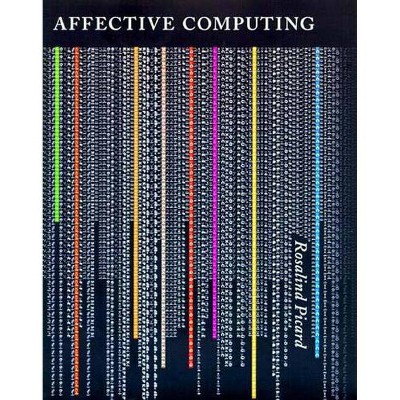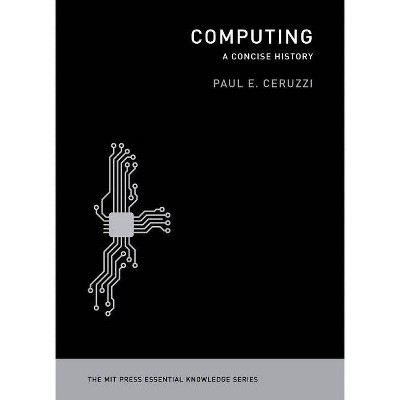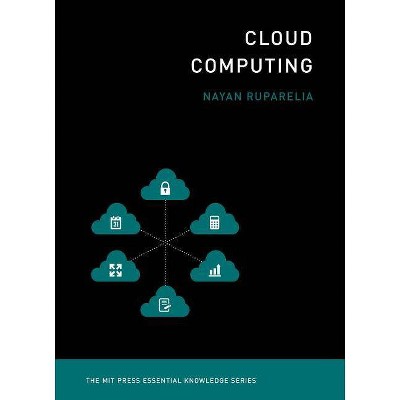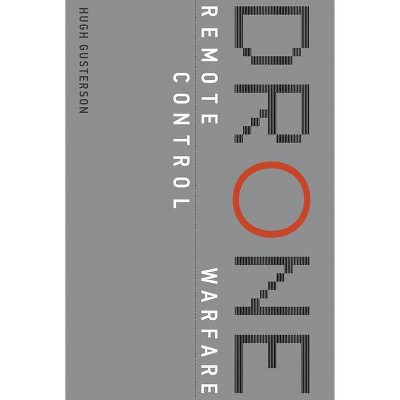Affective Computing - (Mit Press) by Rosalind W Picard (Paperback)

Similar Products
Products of same category from the store
AllProduct info
<p/><br></br><p><b> About the Book </b></p></br></br>According to Rosalind Picard, if we want computers to be genuinely intelligent and to interact naturally with us, we must give computers the ability to recognize, understand, even to have and express emotions.<p/><br></br><p><b> Book Synopsis </b></p></br></br><b>According to Rosalind Picard, if we want computers to be genuinely intelligent and to interact naturally with us, we must give computers the ability to recognize, understand, even to have and express emotions.</b><p>The latest scientific findings indicate that emotions play an essential role in decision making, perception, learning, and more--that is, they influence the very mechanisms of rational thinking. Not only too much, but too little emotion can impair decision making. According to Rosalind Picard, if we want computers to be genuinely intelligent and to interact naturally with us, we must give computers the ability to recognize, understand, even to have and express emotions.</p><p>Part 1 of this book provides the intellectual framework for affective computing. It includes background on human emotions, requirements for emotionally intelligent computers, applications of affective computing, and moral and social questions raised by the technology. Part 2 discusses the design and construction of affective computers. Although this material is more technical than that in Part 1, the author has kept it less technical than typical scientific publications in order to make it accessible to newcomers. Topics in Part 2 include signal-based representations of emotions, human affect recognition as a pattern recognition and learning problem, recent and ongoing efforts to build models of emotion for synthesizing emotions in computers, and the new application area of affective wearable computers.</p><p/><br></br><p><b> Review Quotes </b></p></br></br><br>"Compelling. . . . Picard convincingly demonstrates that computers can also be designed to think about feelings and how to rationally act in light of them. . . . A groundbreaking preface to a plausible direction in computer design."--Norman Weinstein, "Technology Review"<br><br>" Compelling. . . . Picard convincingly demonstrates that computers can also be designed to think about feelings and how to rationally act in light of them. . . . A groundbreaking preface to a plausible direction in computer design." -- Norman Weinstein, Technology Review<br><br>" Compelling. . . . Picard convincingly demonstrates that computers can also be designed to think about feelings and how to rationally act in light of them. . . . A groundbreaking preface to a plausible direction in computer design." -- Norman Weinstein, "Technology Review"<br><br>-- Norman Weinstein, "Technology Review"<br>
Price History
Cheapest price in the interval: 65.99 on March 10, 2021
Most expensive price in the interval: 65.99 on November 6, 2021
Price Archive shows prices from various stores, lets you see history and find the cheapest. There is no actual sale on the website. For all support, inquiry and suggestion messagescommunication@pricearchive.us




















